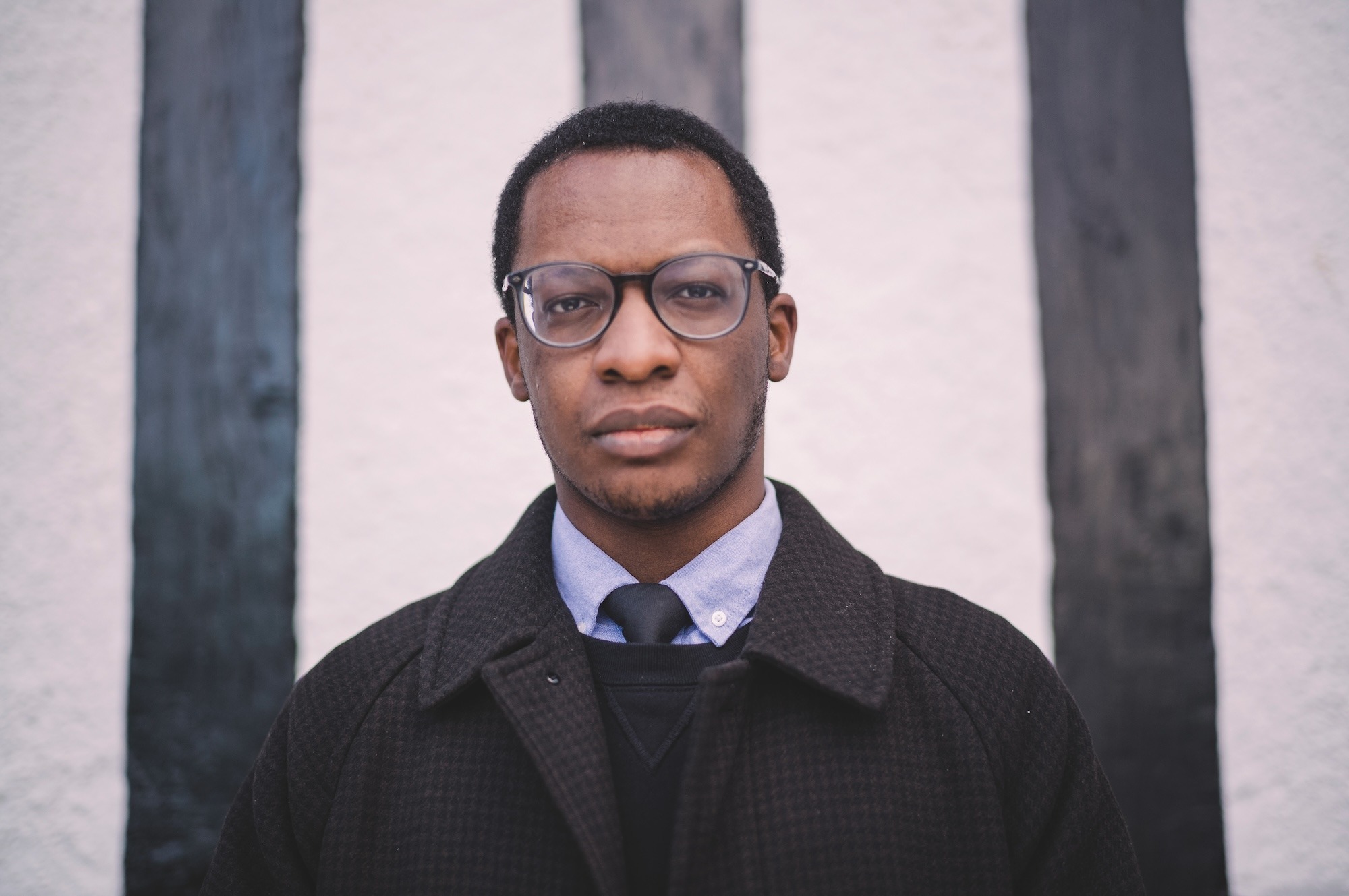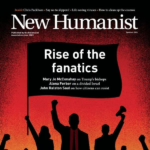We talk to the author of “This Is Not America” about race, freedom of expression, and what is at risk when Britain blindly emulates the US

Tomiwa Owolade is a Nigerian-born British journalist and critic. He is author of “This Is Not America” (Atlantic Books).
In the last Academic Freedom Index report, the UK came second-lowest compared with EU states. What is happening to free speech on campuses?
Many people have a great misunderstanding of what free speech actually looks like. They often are well meaning and imagine free speech to be a way of addressing inequality or of empowering certain marginalised communities.
One of the problems with universities and the way that the bureaucracy operates is that they often acquiesce to that sense of fear about offending marginalised communities. Protecting them is often used as a justification for endorsing certain types of censorship.
My problem with that is I think it could lead to a kind of blasphemy law, because what is considered hateful, bigoted or harmful to marginalised communities is not set in stone. It’s something that needs to be debated and contested, and the only way that we can debate these contentious issues is through an expansion of free speech rather than a diminution of it.
New legislation could see universities fined for failing to protect free speech. But the Labour government has delayed the legislation, and may repeal it. Should they?
It’s a very tricky issue because there is an irony there. If you try to make free speech mandatory you might also undermine academic freedom. I think there should be a greater degree of discretion among particular academic institutions in the way that they address these complicated issues. I do think in certain circumstances, if a person faces censorship, they should be able to appeal to an authority. But the most important thing is to advance the case for free speech at a more granular level, at a level of society itself.
Education is an important avenue here. We need to educate our young people that everyone should be entitled to freedom of expression, that it is one of the foundational freedoms in our society, that without it we will be unable to contest orthodoxies or discover new things. We would be unable to discover ourselves and the values that matter to us.
We need more institutions outside education that can spread those social norms as well – societies where people can come together from different walks of life, from different ideological or religious points of view, and listen to each other and be able to argue with each other.
In September, Marieha Hussain was found not guilty of a racially aggravated public disorder offence. She went to a Gaza demonstration holding a placard showing Suella Braverman and Rishi Sunak as “coconuts”. Do you agree with the verdict?
Yes. Even though I consider the statement she made to be a racist one (and many people have called me a “coconut”), I think criminalising that kind of expression is more disgraceful than the expression itself.
Why was the statement racist?
A term like “coconut” is a racial slur because it implies that the only motivation for a black person thinking or behaving in a certain way is that they are actually white and that they have betrayed their race. That concept relies on an essentialist understanding of what race is. We shouldn’t simply see somebody through their racial identity. As I argue in my recent book This is Not America, all too often conversations around race rely upon simplistic generalisations, without regard to any sense of nuance or context or specificity. If we want to genuinely address many of the inequalities in our society, we need to discard these simplifications and affirm our common humanity.
That book argues that Britain is importing racial discourse from the US. Could you give an example?
What really led me on the journey to the book was when I encountered many young British people, and some older ones as well, using the term “BIPOC” to describe ethnic minority people in the UK. It stands for black, indigenous and people of colour [and is commonly used to refer to ethnic minorities in the US]. In America, the acronym makes sense, because America hasn’t only discriminated against its black, Asian and Latino populations, but also its Native American population. But what is the word “indigenous” doing in a British context? It makes you sound more like a far-right agitator than a progressive activist. So I think that was the starkest illustration to me of the way a misguided approach of looking at race in the UK can come about by internalising the American way of thinking.
When we talk about diversity, we don’t talk about it with enough diversity. We’re not specific enough in what we mean by “ethnic minority people” in a particular country. To give you an example, black Caribbean pupils in British schools are three times more likely to be excluded than black African pupils. The groups that do worst are black Caribbean boys, Roma, traveller and gypsy communities, and white working class boys.
It’s a problem when we discard context in terms of class, geography, nationality, religion, and the ways that these contexts might shape inequality specifically in the UK. In particular, there’s an absence of any kind of concrete class analysis.
When it comes to activism, isn’t some generalisation unavoidable?
One criticism of my argument is that it’s all well and good to talk about the differences between black people in one country versus another, but both groups are still black, and shouldn’t there be scope for racial solidarity? To which my argument would be that the most effective form of solidarity is not based on race or any other aspect of identity, but on shared moral values and a shared way of analysing and trying to address inequality. That’s a more valuable form of anti-racism.
What do you make of Trump’s bizarre accusation that Kamala Harris isn’t “black”?
It was absurd because Kamala’s father is a black man from Jamaica. One interesting aspect is that had Kamala been elected president, she would have been the second black American whose ancestors were not enslaved [in the US] to do so, because Barack Obama’s father was an immigrant from Africa. The majority of black Americans are the descendants of enslaved Africans [in the US]. Any conversation around inequality within the black American community needs to acknowledge those differences too.
You call yourself a moral universalist. What do you make of the notion that the Enlightenment was a white European project?
I think moral values should be universally applied. My other intellectual influences include J. S. Mill, and I consider myself part of a tradition of humanist liberal thought.
A good example of the global impact of the Enlightenment is the Trinidadian Marxist writer and scholar C. L. R. James, who often emphasised the fact that he was greatly indebted to the Enlightenment, even though he grew up in the Caribbean. So I do think it’s a great mistake to argue that the Enlightenment is simply an extension of white supremacy, that it’s simply a kind of Eurocentrism. It’s a universal body of thought and has applications outside Europe.
As an anti-racist, you say you’re an optimist. Why?
One of the great misconceptions is that optimism is a kind of naivety. I don’t think so. I think pessimism is a powerfully paralytic force. It’s the easy option.
Optimism is the opposite of that. It says: These problems exist, let’s try and fix them.
This article is from New Humanist’s winter 2024 issue. Subscribe now.


